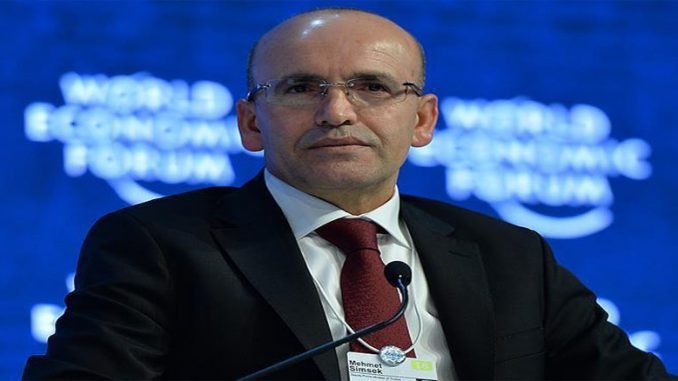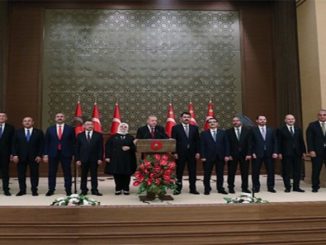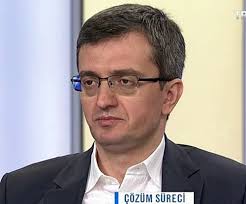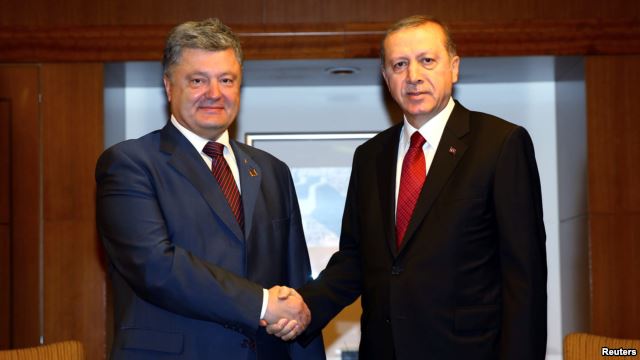
Turkey’s economy grew around 3 percent despite coup attempt, terror and regional chaos, says Mehmet Simsek
Turkey’s economy will experience a rapid and permanent rise if the Yes campaign wins Sunday’s referendum, Deputy Prime Minister Mehmet Simsek said on Monday.
“After April 17, the uncertainty of the referendum will go away with a strong Yes vote,” Simsek said in a TV interview with state-run TRT Haber news network.
“Turkey’s long-term outlook will be enormously positive. Its reform program will speed up. Turkey’s resistance to shocks will increase and the country will again see a six percent growth rate,” he said.
Simsek recalled that Turkey grew around three percent despite the July 2016 coup attempt, terrorist attacks and regional challenges.
There are negative effects on economic indicators because of this uncertainty, Simsek said.
“There is a negative, temporary and undesired [economic] slowdown. There is an increase in unemployment and inflation. We are aware of these problems. We took necessary measures and we will keep taking them,” he added.
Turning to Turkey’s industrial production index, Simsek said the country’s industrial sector was an integral part of the economy.
Turkey’s calendar-adjusted industrial production rose one percent in February 2017 compared to the same month last year, according to the Turkish Statistical Institute on Monday.
Domestic and foreign demands, Simsek added, were among the factors influencing the industry.
“The recovery in export continues. It is moderate due to domestic demand and uncertainty. A strong Yes vote will clear the way for Turkey on April 17.
“Economic uncertainty will decrease. Predictability will increase for 10, even 100 years in Turkey,” he said.
Simsek said a No vote would see political tension escalate.
Regarding the worldwide economic crisis, Simsek noted that the global recovery was gaining momentum.
This is the first time in eight years, global economic growth had not been revised down by the International Monetary Fund (IMF), said Simsek, describing this as “good news”.
Simsek said that Turkey was faced with a serious opportunity.
“If there was a permanent, strong and broad-based government, Turkey would increase efficiency with these reforms,” he said, adding:
“The problems in Syria, Libya and Iraq will not be permanent. Turkey, ultimately, will discuss how it rebuild those places.”



